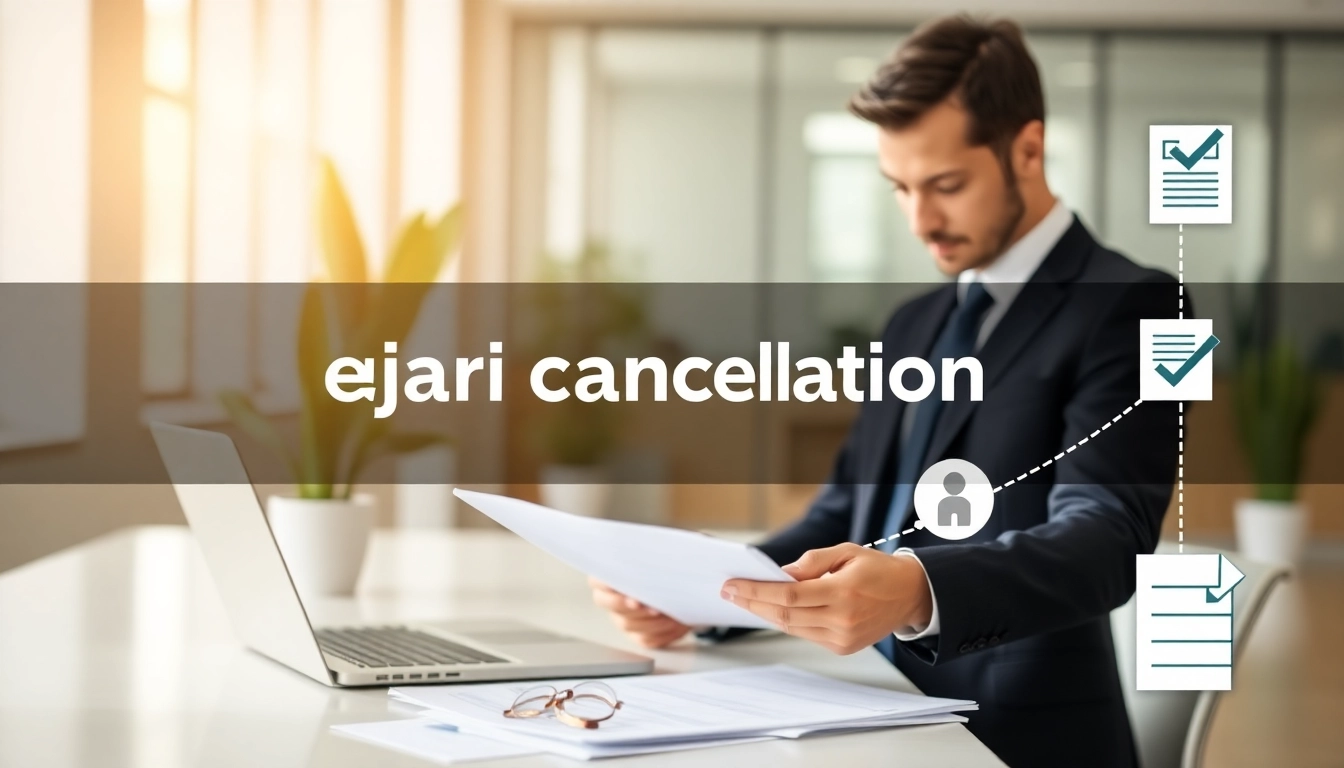Understanding Residencia: What You Need to Know
The Definition and Importance of Residencia
Residencia, often translated as residency, refers to the legal permission granted to individuals allowing them to reside in a foreign country. This status is crucial for those seeking to establish a long-term life in a new locale, providing not only the right to live but also often the ability to work, study, and access healthcare and social services. For many immigrants, obtaining residencia is a significant milestone that reflects their commitment to integrating into their new community.
Understanding the importance of residencia is essential for navigating the complexities of immigration laws, as it not only benefits the individual but also contributes to the socio-economic development of the host country.
Types of Residencia Permits Explained
Residencia permits vary from country to country and often have specific categories tailored to different situations. The most common types include:
- Temporary Residency: Often granted for a limited period, this type of permit allows individuals to live in the country for reasons such as work or study.
- Permanent Residency: This status allows individuals to reside indefinitely, providing broader rights comparable to those of citizens.
- Student Residency: Specifically for those who intend to study abroad, this permit allows them to take courses at approved institutions.
- Family Reunification Residency: For individuals with family members who are citizens or permanent residents of the host country.
Each category has distinct eligibility requirements and processing procedures, making it imperative for applicants to be well-informed before embarking on their residency journey.
Common Misconceptions About Residencia
Several misconceptions surround the concept of residencia, which can lead to confusion and frustration among applicants. Some prevalent myths include:
- Myth 1: Residency guarantees citizenship. Fact: While obtaining residencia is a significant step towards citizenship, it does not automatically confer this status.
- Myth 2: All residency applications take the same amount of time. Fact: Processing times can vary significantly depending on the country, type of permit, and individual circumstances.
- Myth 3: Once granted, residency cannot be revoked. Fact: Residency can be revoked under certain conditions, such as criminal activity or failure to comply with residency requirements.
Addressing these misconceptions proactively can save time and reduce anxiety throughout the application process.
Residencia Application Process: A Step-by-Step Guide
Preparing Necessary Documentation for Residencia
The residency application process often begins with thorough preparation of required documentation. This could include:
- Identification Documents: Valid passport, birth certificates, and any national ID.
- Proof of Financial Stability: Bank statements or employment details to demonstrate the ability to support oneself.
- Health Insurance Verification: Requirements vary by country, but proof of adequate health insurance is commonly mandatory.
- Background Checks: Criminal background checks may be necessary to ensure the applicant does not have a history that could affect their application.
Gathering these documents well in advance can help streamline the application process and avoid delays.
Filing Your Residencia Application Efficiently
Submitting the residency application is a critical step, and efficiency here can make a significant difference. Consider the following:
- Online vs. In-Person Applications: Depending on the country, some applications can be filed online, which may speed up the process.
- Check for Updates: Regularly check the government’s immigration website for any changes to application procedures or necessary documents.
- Consult a Specialist: If possible, consult with an immigration attorney or specialist who can assist with your application and help avoid common pitfalls.
Understanding Processing Times for Residencia
Processing times can greatly influence applicants’ plans; thus it is vital to have a realistic understanding. Typically, residency applications can take from several months to a year or more. Factors affecting processing times include:
- The specific type of residency being applied for.
- The applicant’s country of origin.
- The completeness and accuracy of submitted documentation.
Being prepared for potential delays can help manage expectations and plans upon residing in the new country.
Challenges in Obtaining Residencia and How to Overcome Them
Common Roadblocks During the Application
While many embark on the journey to obtain residency, various roadblocks can emerge. The most common challenges include:
- Incomplete Documentation: Failing to present all required documents can lead to delays or denials.
- Language Barriers: Non-native speakers may struggle with forms or communication, who risk errors in their application.
- Legal Changes: Immigration laws can change frequently, affecting the eligibility or requirements for residency.
How to Handle Application Denials
Receiving an application denial can be disheartening, but it is important to remain proactive. Steps to take include:
- Understanding the Reason: Carefully review the denial letter to comprehend the explicit reasons for the rejection.
- Consider Reapplying: In some instances, rectifying the issues cited in the denial can allow for a successful reapplication.
- Appealing the Decision: If applicable, consider appealing the decision to the relevant immigration authority.
The Role of Legal Assistance in Navigating Challenges
Immigration law is intricate and often overwhelming. Engaging a legal professional can aid significantly in navigating the complexities involved in residency applications. Key benefits of legal assistance include:
- Expert Guidance: Lawyers often possess insights into common pitfalls and how to avoid them.
- Personalized Assistance: Legal professionals can tailor their services to meet individual needs and circumstances.
- Representation in Appeals: Should there be a need to appeal a denial, a legal representative can advocate on your behalf effectively.
Post-Approval: What to Expect After Your Residencia is Granted
Understanding Your Rights and Responsibilities
Upon receiving residencia, it is essential to understand the associated rights and duties, which typically include:
- Right to Work: Most residency permits grant the right to seek and maintain employment.
- Obligation to Obey Laws: Residents must adhere to local laws and regulations.
- Requirement to Renew: Many residency permits require periodic renewal, which entails submitting updated documentation.
Renewing Your Residencia: Timeline and Best Practices
Often, obtaining residency is not a one-time event. Regular renewal is typically necessary. Best practices for a successful renewal include:
- Start Early: Begin the renewal process at least six months before the expiration date of your residency.
- Update Documentation: Ensure all documentation reflects your current status and situation.
- Stay Informed: Remain updated on any changes to immigration laws that may affect your renewal.
Settling into Your New Life: Tips for Integration
Gaining residency is just the beginning of your journey.Integrating into a new community can be challenging but also rewarding. Practical tips for a successful transition include:
- Learn the Language: Proficiency in the local language will enhance communication and interactions.
- Engage with the Community: Attend local events, volunteer, and join community groups to build connections.
- Familiarize Yourself with Local Customs: Understanding cultural norms can ease the transition and foster acceptance.
Resources for Immigrants Seeking Residencia
Government Resources and Websites
Most countries provide resources for immigrants on official government websites. These resources often include:
- Detailed descriptions of different residency permits and their requirements.
- Contact information for immigration offices and help centers.
- Updates on policy changes that may affect immigrant rights and responsibilities.
Community Support Groups and Organizations
Non-profit organizations and community groups often provide support to immigrants. These groups can offer:
- Cultural integration programs.
- Language classes: Helping newcomers acquire necessary language skills.
- Networking opportunities that connect immigrants with locals.
Legal Advice and Representation for Residencia Procedures
Many law firms specialize in immigration, providing invaluable resources for those seeking residency. Services to look for include:
- Initial consultations to discuss individual situations.
- Full representation in applications or appeals.
- Workshops and seminars that provide education on immigration laws.



